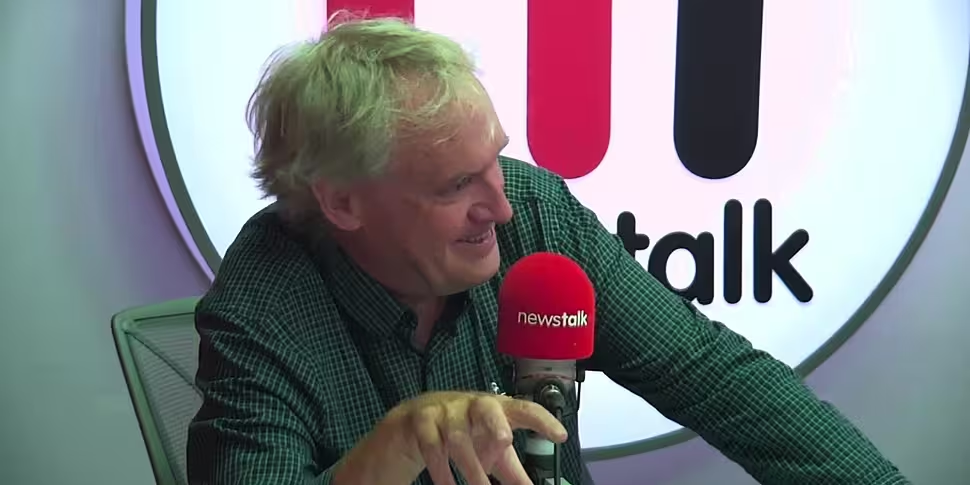A new technique for reviving dead organs could be as important to medicine as the discovery of CPR, according to Professor Luke O’Neill.
It comes after scientists at Yale University managed to revive a dead pig’s organs an hour after the animal’s death.
Using a new system called OrganEx, which pumps a special mixture of fluids around the dead pig’s body, they were able to bring the animal’s major organs back to life.
All the animal’s major organs, except the brain, began to function and show signs of cellular repair.
"This is mind-blowing"
On The Pat Kenny Show, Trinity Professor Luke O’Neill said the research is “mind-blowing.’
“I’ve been following this closely for the past two or three years,” he said. “The trick is, when you die can you be resuscitated?”
“That’s the simple goal for obvious reasons and we already have CPR and ventilators and that but now, these guys in Yale have managed … a pig was dead for an hour, and they could profuse the pig with special solution and the organs came alive again. Isn’t that incredible?
“The heart began to beat; the liver began to make a thing called albumin - which livers do - and the kidneys began to work again.
“They have basically managed, it seems anyway, to resuscitate a dead pig with multiple organs.
“It’s remarkable, the pig was lying there for an hour dead and this new technique - it is called OrganEx a really clever system - has brought these organs back.”
Brain
He said the experiment did not attempt to resuscitate the brain, although the system was adapted from a previous model called BrainEx, which attempted to do just that.
The previous study successfully restored circulation in the brain after death; however, none of the animals showed brain activity indicative of consciousness.
The experiment also raised ethical questions about the definition and meaning of death.
Professor O’Neill said the OrganEx study could lead to a significant increase in the numbers of organs available for transplant and could have a big impact on recovery from heart attacks and strokes.
CPR
The Trinity professor said the discovery could eventually be as important as CPR in the medical community.
“This has caused a massive amount of excitement and the Yale scientists deserve a lot of praise for doing this,” he said.
“The science behind it is superb so I can see it becoming as important as CPR.
“Remember when that was invented, that was a great advance – this could be as good as that you see, is the hope.”
You can listen back here:









